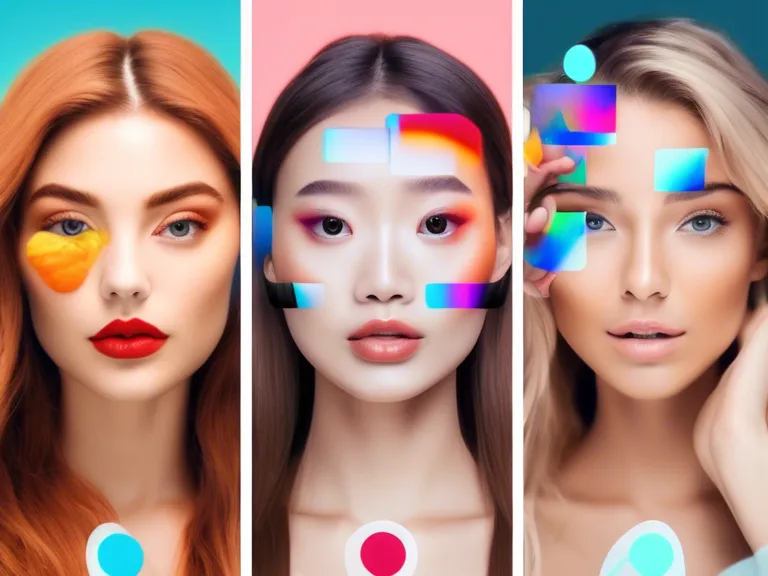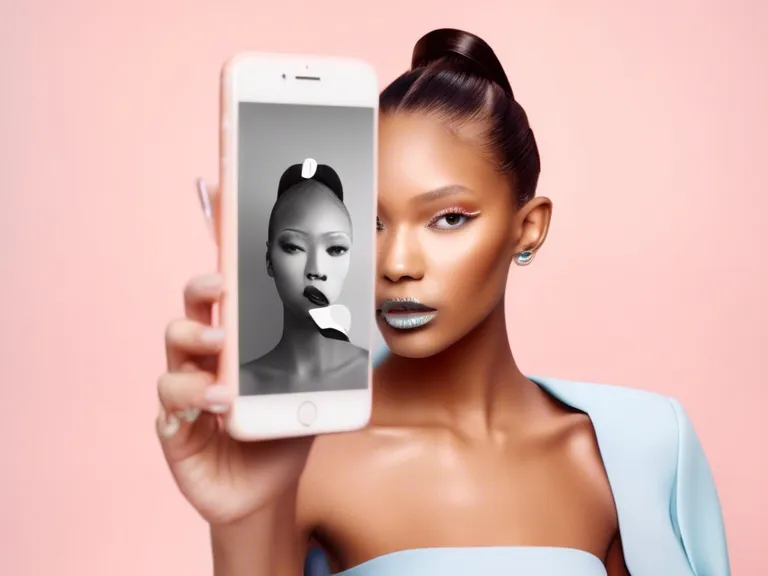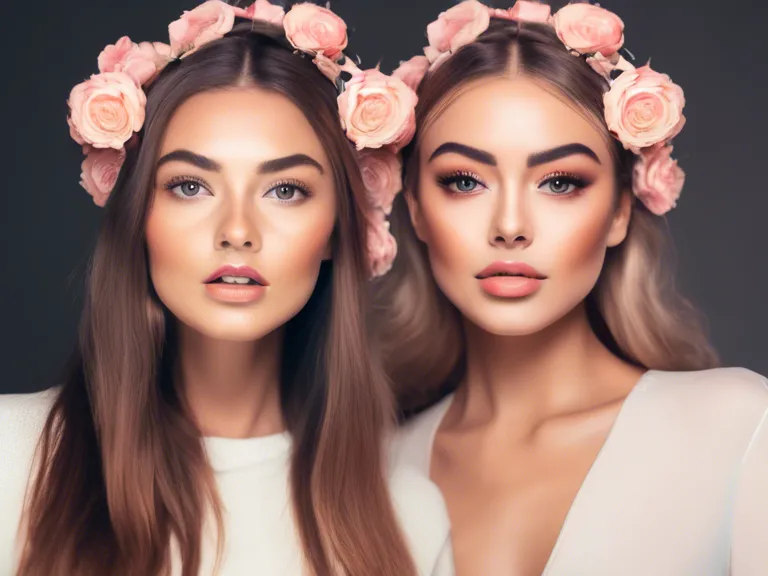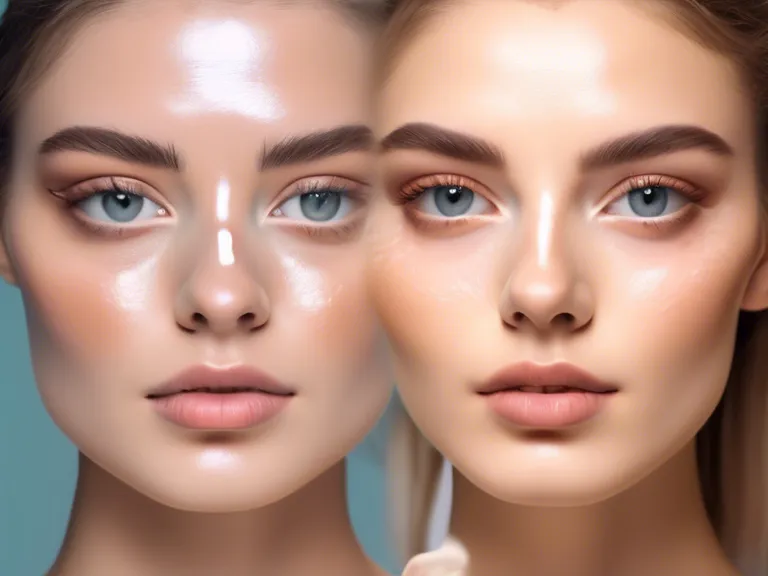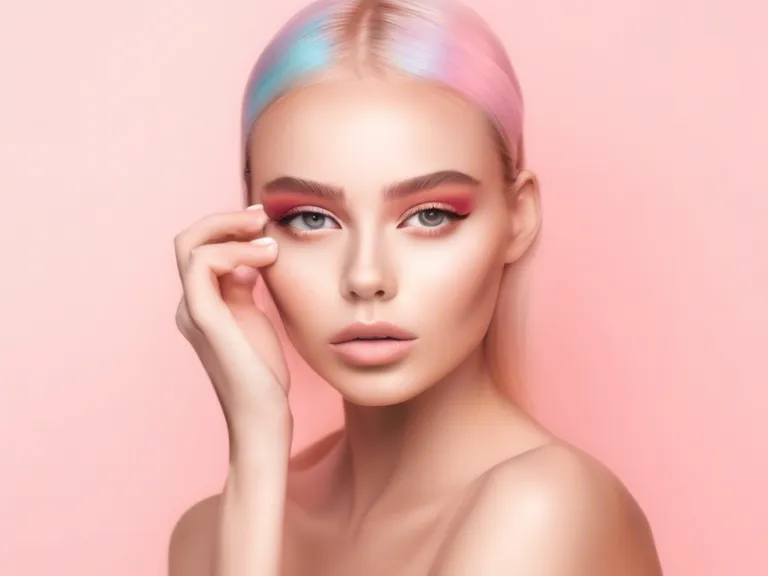
Beauty filters have become a popular trend on social media, allowing users to alter their appearances in photos and videos with just a few taps. But what is the future of these filters, and how are they shaping our perceptions of beauty? In this article, we'll explore the impact of beauty filters on social media and discuss the potential consequences of their widespread use.
One of the main ways that beauty filters are shaping perceptions of beauty is by creating unrealistic standards. With filters that can smooth out skin, slim down faces, and enhance features, many users are presenting unattainable versions of themselves online. This can lead to feelings of inadequacy and low self-esteem in those who feel like they can't measure up to these altered images.
Additionally, beauty filters can perpetuate harmful stereotypes and promote a narrow definition of beauty. Filters that lighten skin or change facial features can reinforce racist ideals of what is considered attractive, while filters that only cater to one type of face shape or skin tone can alienate those who don't fit into that narrow category. This can have damaging effects on individuals' self-perception and self-worth.
Despite these negative consequences, beauty filters aren't going away any time soon. In fact, they are only becoming more advanced and accessible, allowing users to completely transform their appearance with just a swipe of a finger. As social media continues to play a prominent role in our lives, it's important to recognize the influence that beauty filters can have on our perceptions of ourselves and others.
As we move forward, it's crucial to have honest conversations about the impact of beauty filters and to challenge the unrealistic beauty standards that they promote. By being mindful of how we use filters and encouraging authenticity online, we can help shape a future where beauty is celebrated in all its diverse forms, rather than confined to a narrow and unattainable definition.
